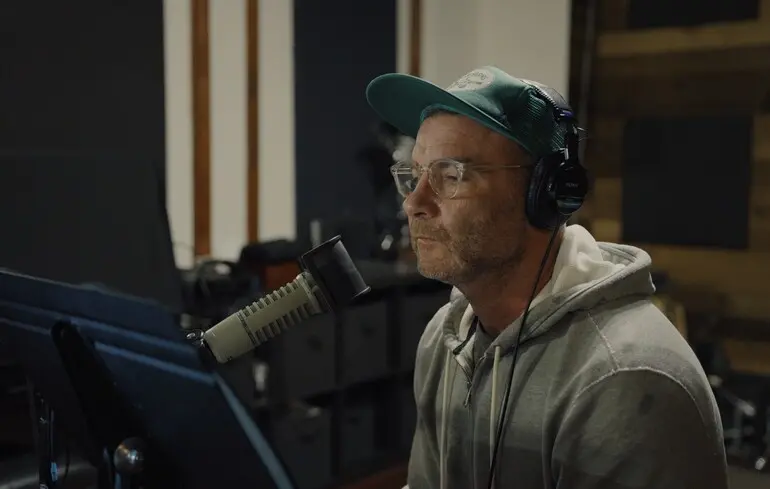Over 1,200 Filmmakers Oppose Israeli Boycott: The Global Film Community’s Stand Amid Gaza Conflict

Recent developments in the international film industry have underscored a significant stance: more than 1,200 filmmakers and industry professionals are voicing their opposition to political boycotts of Israeli cinema amidst the ongoing conflict in Gaza.
Prominent actors such as Liv Shreiber, Mayim Bialik, Jennifer Jason Leigh, and Debra Messing signed an open letter condemning the boycott initiative, which they described as a “document of misinformation” that fuels censorship and stifles artistic expression.Published on September 25 by non-profit organizations Creative Community for Peace and The Brigade, the letter emphasizes that the boycott, promoted by Film Workers for Palestine, does not reflect an act of moral conscience but rather a form of collective punishment that does not contribute to resolving conflicts.
The authors highlight that Israeli film industry entities are not government-controlled and often criticize government policies themselves.The petition points out that such boycotts are discriminatory and ineffective, undermining artistic independence and the right to free expression.
Notably, some high-profile actors and filmmakers initially supported a separate call for a boycott, which was rooted in allegations of human rights violations by Israeli institutions.
However, the current open letter advocates for the importance of maintaining the integrity of artistic voices and international cultural exchange.The filmmakers stress that cinema is a powerful tool for storytelling and understanding, and suppressing it due to political disagreements hampers genuine dialogue.
The film industry’s stance aligns with remarks from various artists, including Debra Messing, who criticized boycotting artists solely based on their nationality as a betrayal of the craft.While some studios like Paramount recently opposed the boycott, arguing that silencing artists based on nationality hinders peace and mutual understanding, ongoing debates persist regarding participation in upcoming events like Eurovision 2026.
Several countries threaten to boycott if Israel is allowed to participate, leading the European Broadcasting Union (EBU) to call for an extraordinary online meeting in early November to deliberate on Israel’s inclusion.Overall, this collective voice underscores a commitment to supporting artistic freedom and dialogues that bridge divides rather than deepen them, emphasizing that culture can be a formidable force for peace and mutual respect.

